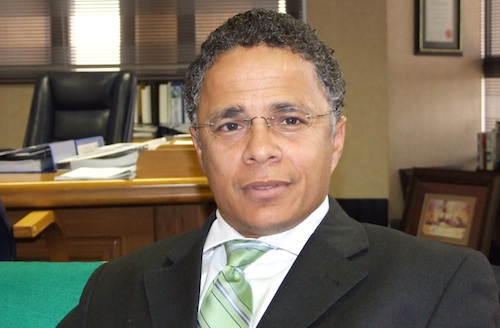
A plan by the Independent Communications Authority of SA (Icasa) to cut wholesale call termination rates may be delayed until next year, parties close to the process say.
The rates, which were supposed to be cut last month as a first step on a two-year “glide path” of reductions, are the fees the operators charge each other to carry calls onto their networks.
High termination rates, especially those charged by mobile operators, have been blamed for keeping retail tariffs higher than they might otherwise be and for acting as a barrier keeping new rivals from emerging.
Former Icasa chairman Paris Mashile had set July 2010 as the deadline by which the first cuts would happen, followed by further cuts in 2011 and 2012. Both mobile and fixed-line termination rates were meant to come down over this period.
But industry insiders now say the legal, regulatory and economic complexities of regulating the rates mean they will not come down as soon as many consumers and politicians had initially hoped.
And the cellular network operators, which have lobbied hard for the first involuntary cut in mobile termination rates to be held off until March 2011, are now likely to get their way. The operators first cut their rates voluntarily on 1 March 2010 and they have since argued that two cuts in one financial year would be too much for them to bear. They warn another cut before March would lead to widespread job losses.
Despite their objections, regulatory experts polled by TechCentral suggest delays in reducing the rates are not related to objections from the mobile operators but rather because of complaints from Telkom over the proposed reduction in fixed-line termination rates.
Telkom has objected strongly to the proposed glide path for fixed-line calls and, in fact, has argued the rates should go up, not down. The operator met with Icasa officials on 28 July to lobby its case, following public hearings held in Midrand at the end of June. (The other big operators have had similar follow-up meetings with the authority.)
Telkom regulatory executive Izaak Coetzee argued at the June hearings that the operator supported a glide path but insisted the rates should be adjusted up, not down, because of the so-called “access deficit”.
The access deficit refers to the fact that Telkom is not able to recover the average cost of servicing a line through its base subscription charges.
Coetzee argued that Telkom’s call termination rates — set at 23c in peak times and 12c in off-peak times for local calls and 33c and 19c for peak and off-peak national calls — did not allow the company fully to recover its costs.
Icasa has proposed reducing fixed-line termination rates to 15c/minute in July 2010, and to 12c in July 2011 and 10c in July 2012, rates which Andrew Barendse, Telkom’s group executive for regulatory affairs, says are unsustainable. The authority also wants to do away with separate peak and off-peak rates.
Barendse told TechCentral this week that it’s not clear if Icasa is taking Telkom’s arguments on board. But he says it’s important that whatever Icasa decides to do about fixed-line termination rates, the decision must be “based on evidence”, namely a careful interrogation Telkom’s actual costs.
It now appears Icasa is coming round to Telkom’s point of view, and that the proposed adjustments will be reviewed. “A lot of what’s happening now is around trying to resolve this issue with Telkom,” says Dominic Cull, MD of Ellipsis Regulatory Solutions, which advises many of the smaller players in the market.
Cull says it’s important the uncertainty is resolved as soon as possible to avoid a situation where companies can “game the system”.
“It would be lovely if [Icasa] could finalise this as it would clear up massive arbitrage and fraud opportunities that exist in the market.” — Duncan McLeod, TechCentral
- Subscribe to our free daily newsletter
- Follow us on Twitter or on Facebook




